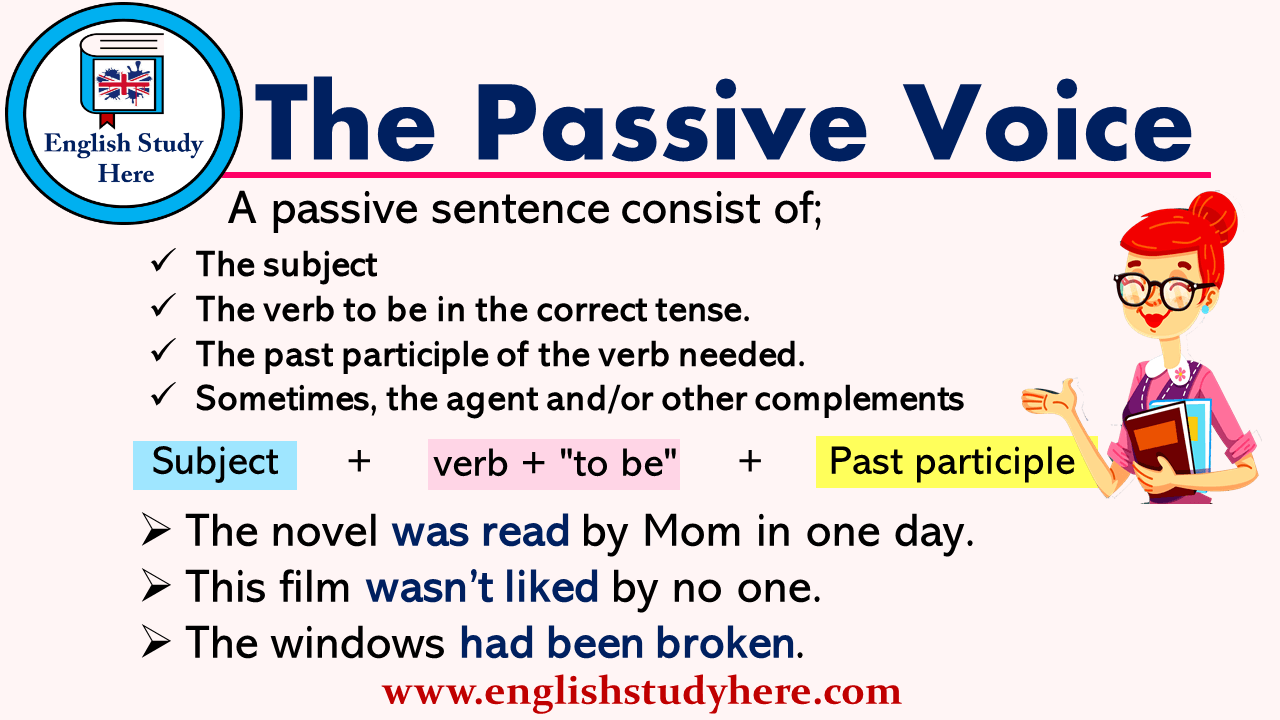In English grammar, the passive voice is a construction in which the subject of a sentence is the recipient of the action rather than the doer. It is often used when the focus is on the action or when the doer is unknown or unimportant. Passive constructions can be identified by forms of the verb ‘to be’ (such as ‘is’, ‘are’, ‘was’, ‘were’) followed by a past participle.
While the active voice is generally preferred for clarity and directness, the passive voice has its own uses and can be quite effective in certain situations. Understanding how to use passive grammar correctly can improve the quality of your writing and help you convey information in a clear and concise manner.
Example of Passive Grammar:
One common example of passive grammar is: “The book was read by Mary.” In this sentence, the book is the recipient of the action (being read) and Mary is the doer. The focus is on the book rather than Mary, making it a passive construction.
Another example could be: “The project will be completed by the end of the week.” Here, the project is the recipient of the action (being completed) and the time frame is emphasized. The passive voice allows for flexibility in highlighting different elements of a sentence.
Passive constructions are also frequently used in scientific writing, formal reports, and news articles. For instance, “The data were analyzed by the research team” or “The suspect has been arrested by the authorities.” In these cases, the focus is on the action rather than the doer, making the passive voice the preferred choice.
It is important to note that overusing the passive voice can lead to awkward or unclear writing. Striking a balance between active and passive constructions is key to effective communication. By understanding when and how to use passive grammar examples, you can enhance your writing skills and convey your message with precision.
In conclusion, passive grammar examples play a vital role in English language usage, offering a different perspective on sentence construction and emphasizing different elements of a sentence. By mastering the use of passive voice, writers can add variety and depth to their writing, creating a more engaging and nuanced piece of text.
